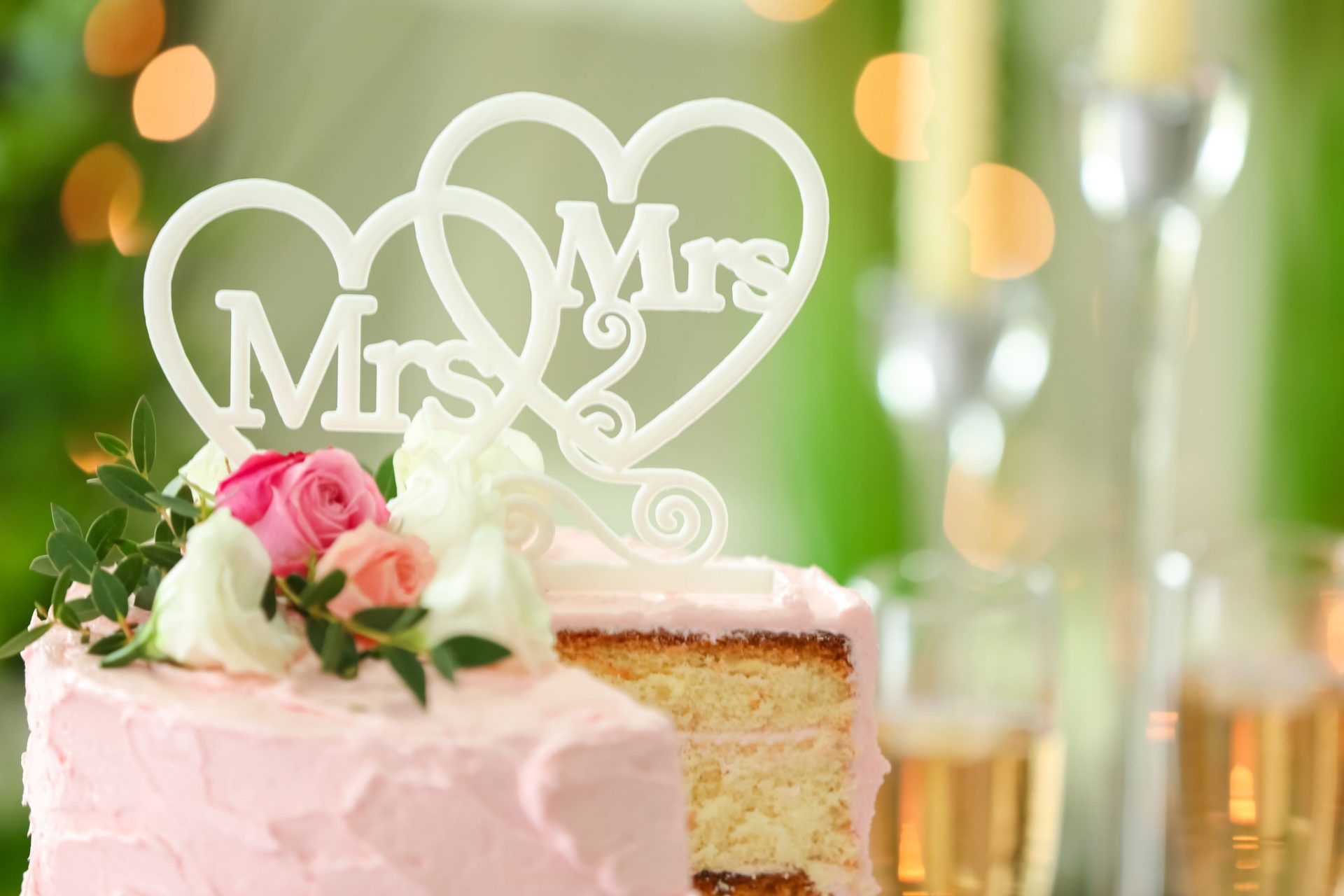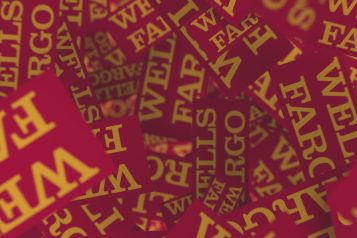A Denver wedding website designer has asked the U.S. Supreme Court to strike down Colorado’s Anti-Discrimination Act, posing the question whether public accommodation laws that require business owners to offer all customers their goods and services infringe on freedom of speech.
 Photo Credit: Shutterstock
Photo Credit: Shutterstock
Lorie Smith, who opposes same-sex marriage, says because of a ruling by the SCOTUS four years ago in favor of a Colorado baker who refused to make a wedding cake for a gay couple, her business is now forced to serve LGBTQ couples or face fines. According to Smith, the law, which has no exemptions, forces her to implicitly express support for something that violates her religious and personal beliefs.
The case, 303 Creative LLC v. Elenis, weighs the Free Speech Clause of the First Amendment against legislative efforts to eradicate discrimination against minority groups, particularly the LGBTQ community. Lower federal courts sided with The Centennial State, saying it has an overriding interest in ensuring equal access to publicly available goods and services for all of its residents.
“If you’re open to the public, you need to accommodate everybody. That’s a core of our civil rights law, and it has deep roots in American law,” said Colorado Attorney General Phillip Weiser.
“If a wedding website designer says I will sell Christian websites that have Biblical verses on it, they can choose to design their websites, design their product as they want,” Weiser added. “What they can’t do is say if you’re a same-sex couple, you can’t have this website.”
In 2018, the Supreme Court ruled in favor of Colorado baker Jack Phillips after he was fined by state officials for refusing to make a wedding cake for a same-sex couple. Autumn Scardina, a transgender Denver woman, is currently suing the baker in state civil court for allegedly refusing to design her a pink and blue cake because of her gender identity.
Phillips has remained steady in his stance that he is unable to design a cake celebrating a gender transition due to his religious beliefs. “We told this person, you know, we serve everybody; will gladly serve you – will make other custom cakes for you. You’re welcome to come in and shop, buy cookies, brownies, anything that I have,” he noted, “but I can’t create that cake because it is a message that I couldn’t create.”
The state civil case, which is still pending on appeal, underscores the stakes in the higher-profile face-off playing out in Lorie Smith’s anti-discrimination case at the nation’s highest court.
“This case has the potential to blow an enormous hole in our nation’s civil rights laws, and the stakes really could not be higher for LGBTQ people,” Jennifer Pizer, acting Chief Legal Officer of Lambda Legal, an LGBTQ advocacy group said.
“I’m hoping the U.S. Supreme Court justices will stand for free speech because no one should live in fear of government punishment simply because the government doesn’t agree with their views on a certain topic,” Smith said.
Attorney General Weiser says he’s optimistic the justices will hold the line. “The regulation of conduct to prohibit discrimination is protected activity, and it is really critical that we not break from that,” he said.
Read more articles from Haute Lawyer, visit https://hauteliving.com/hautelawyer


















